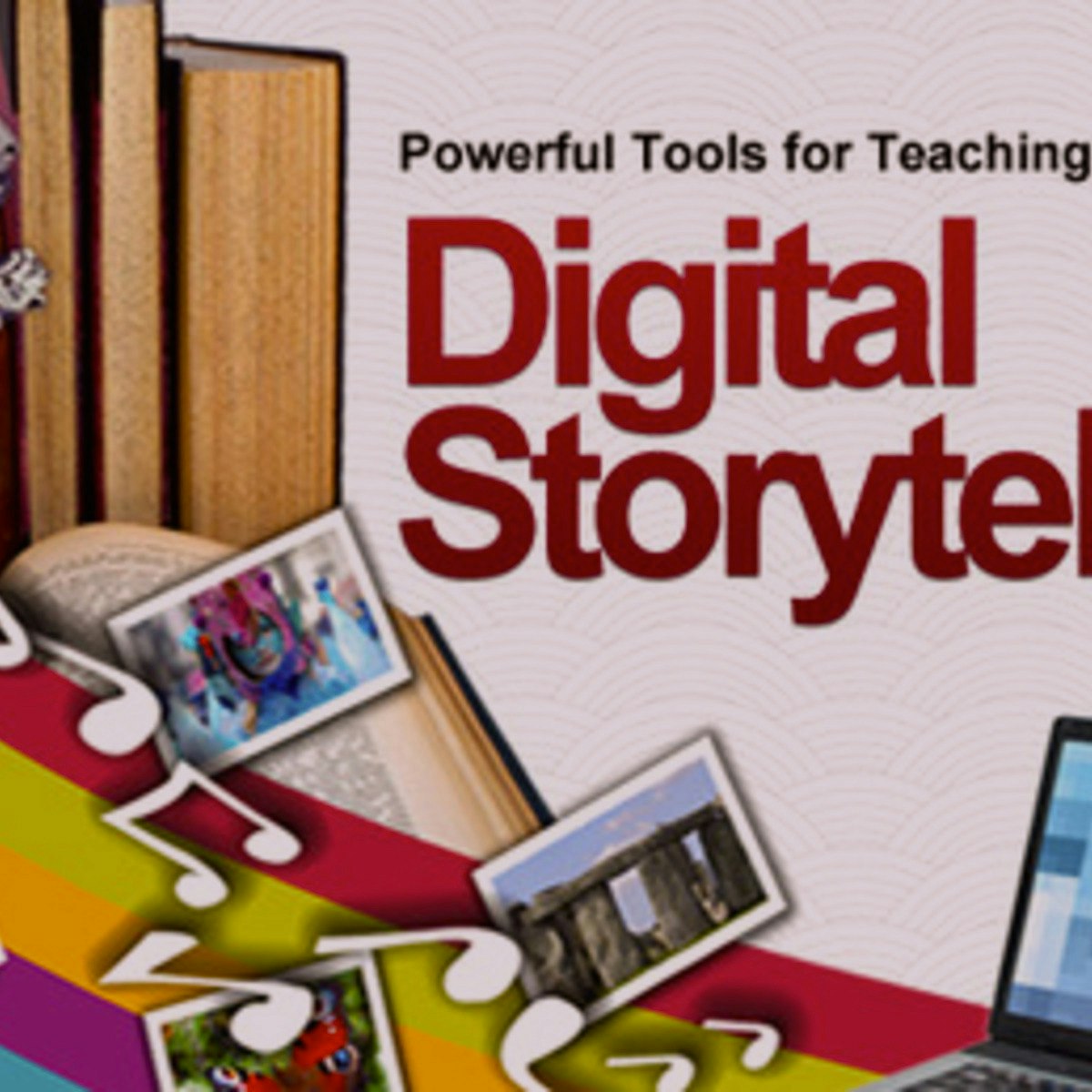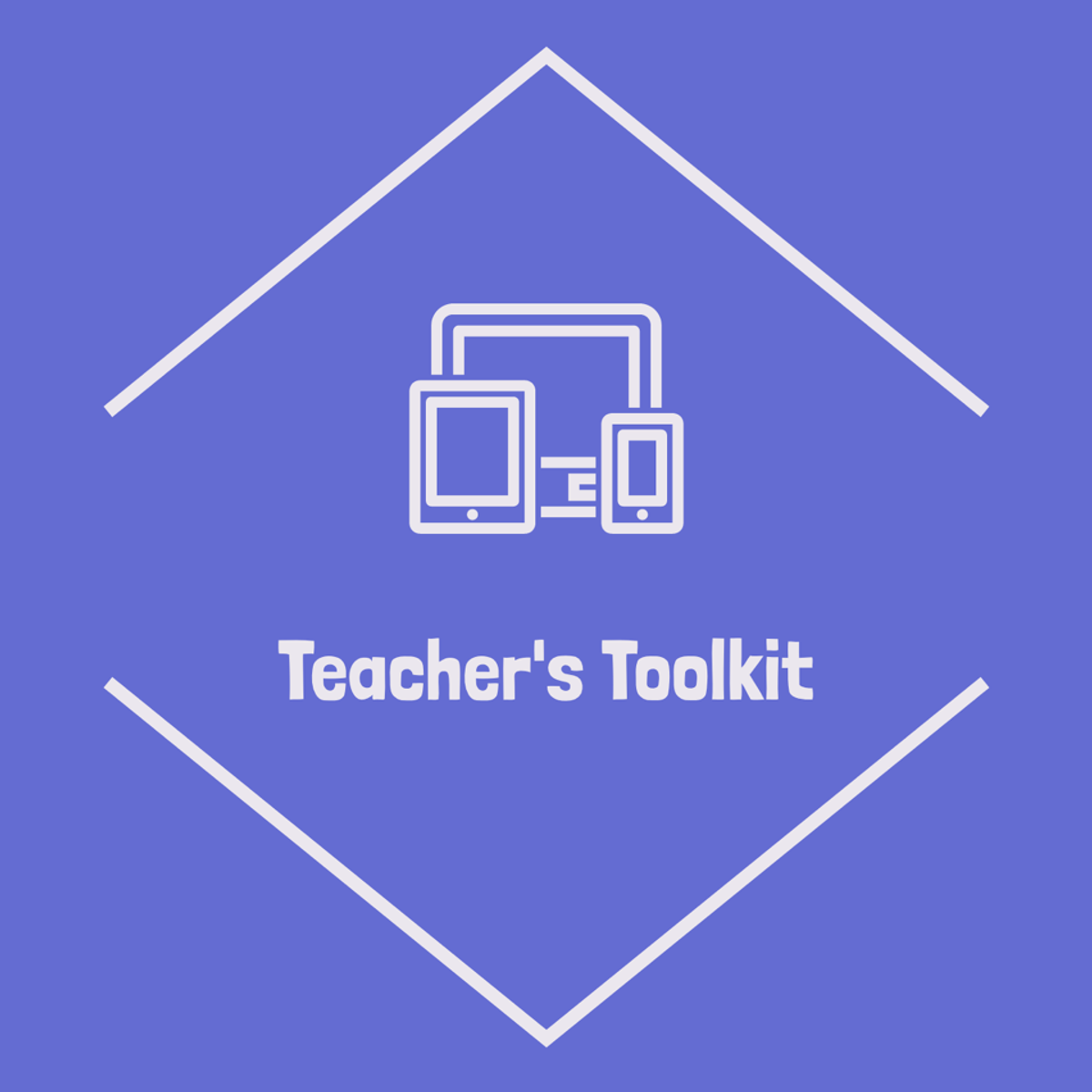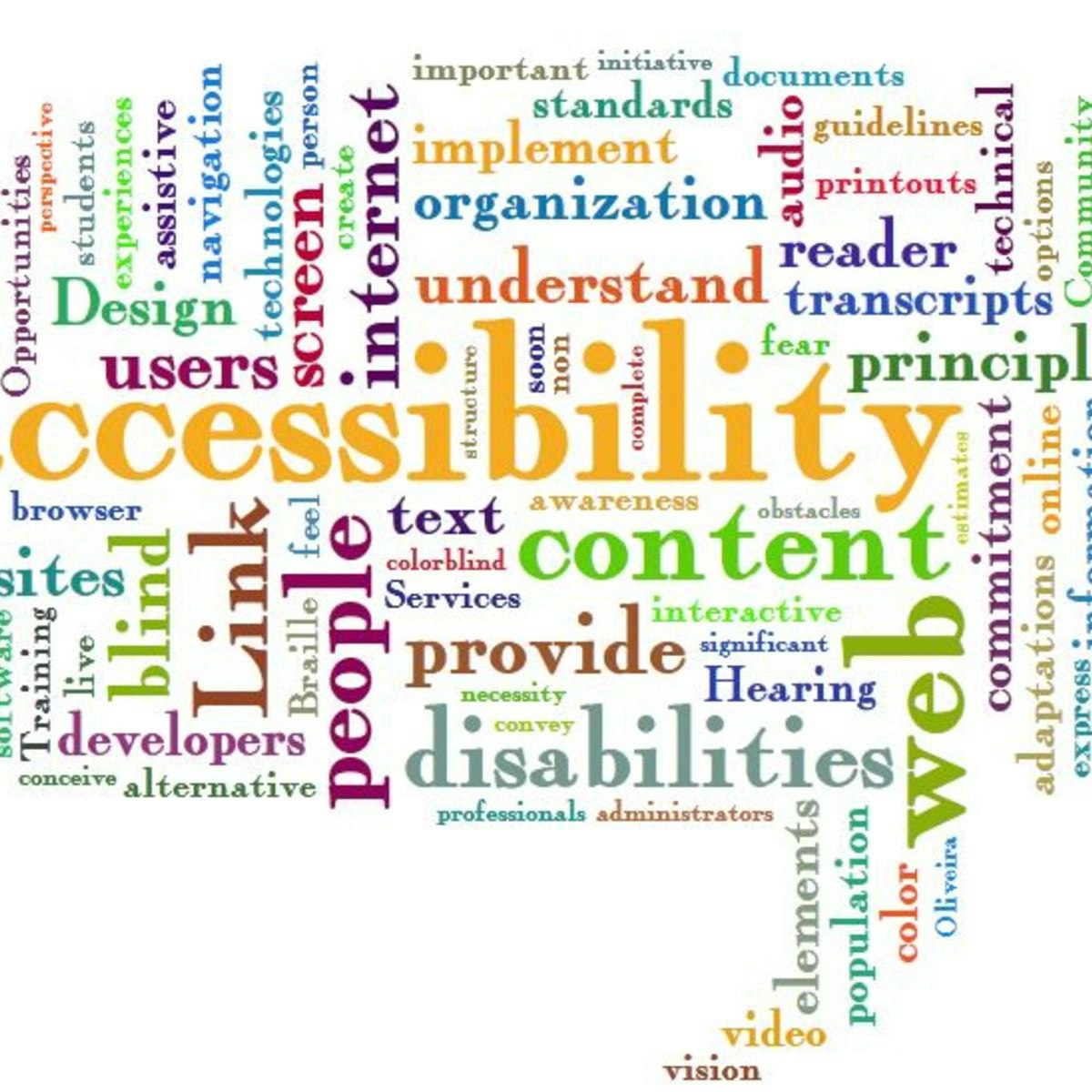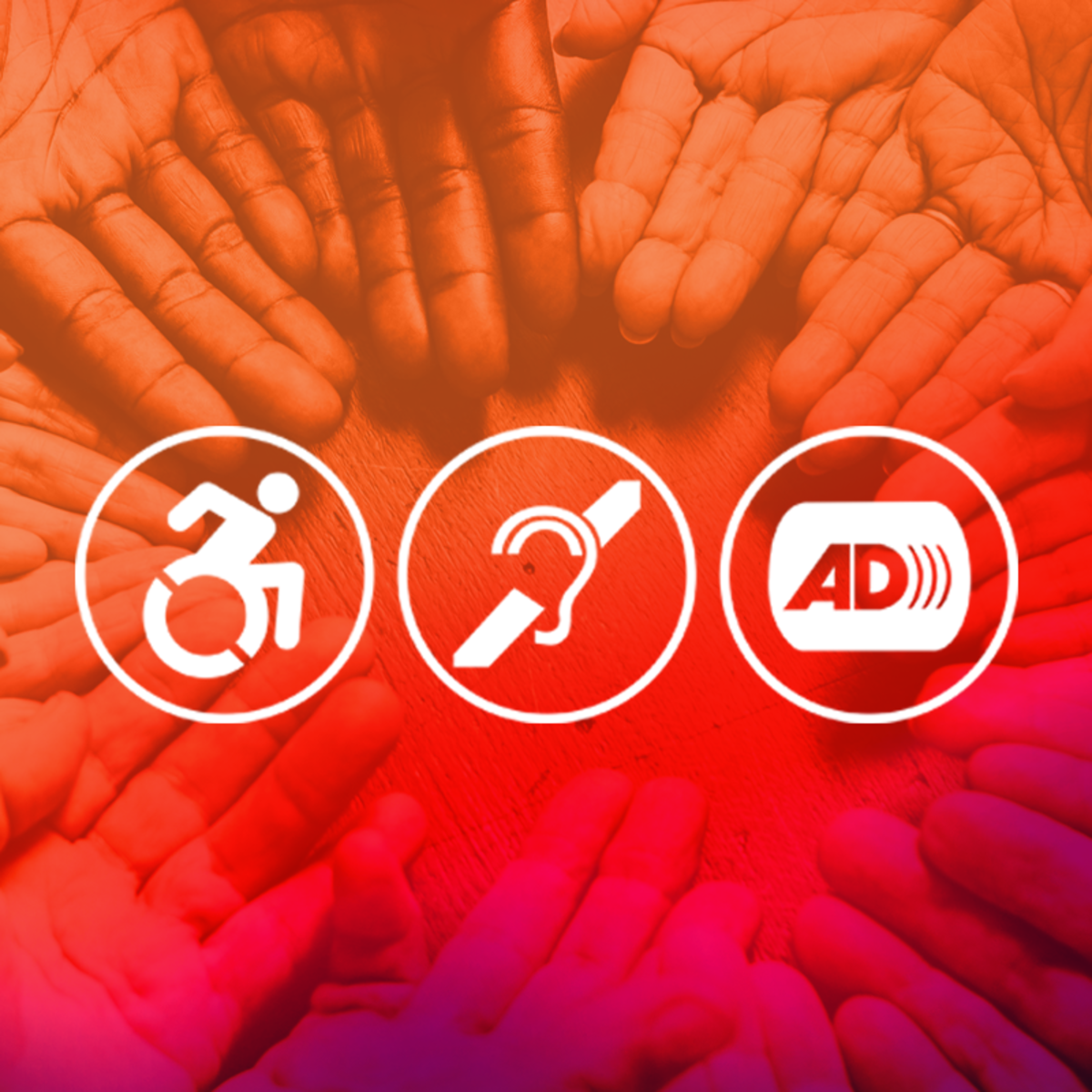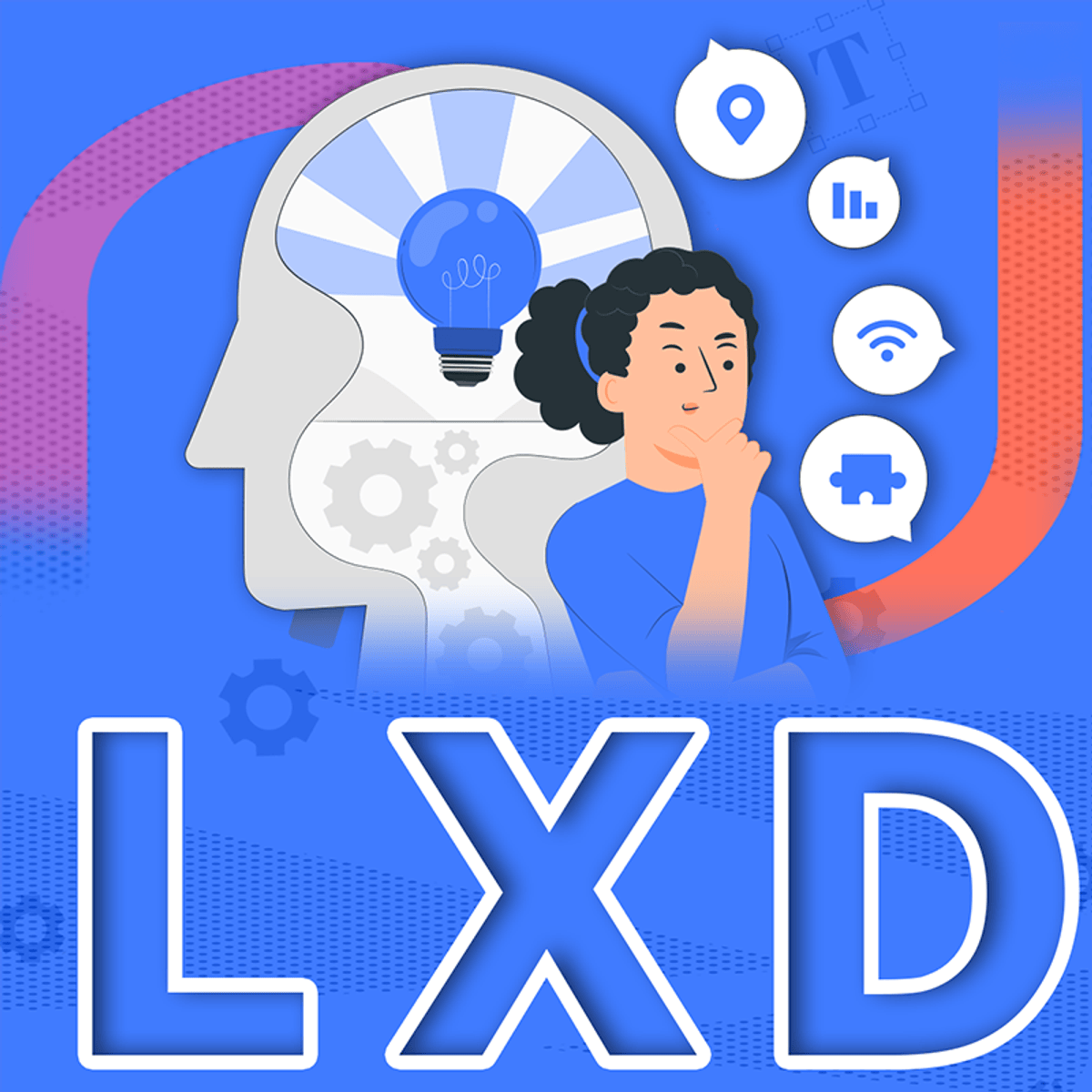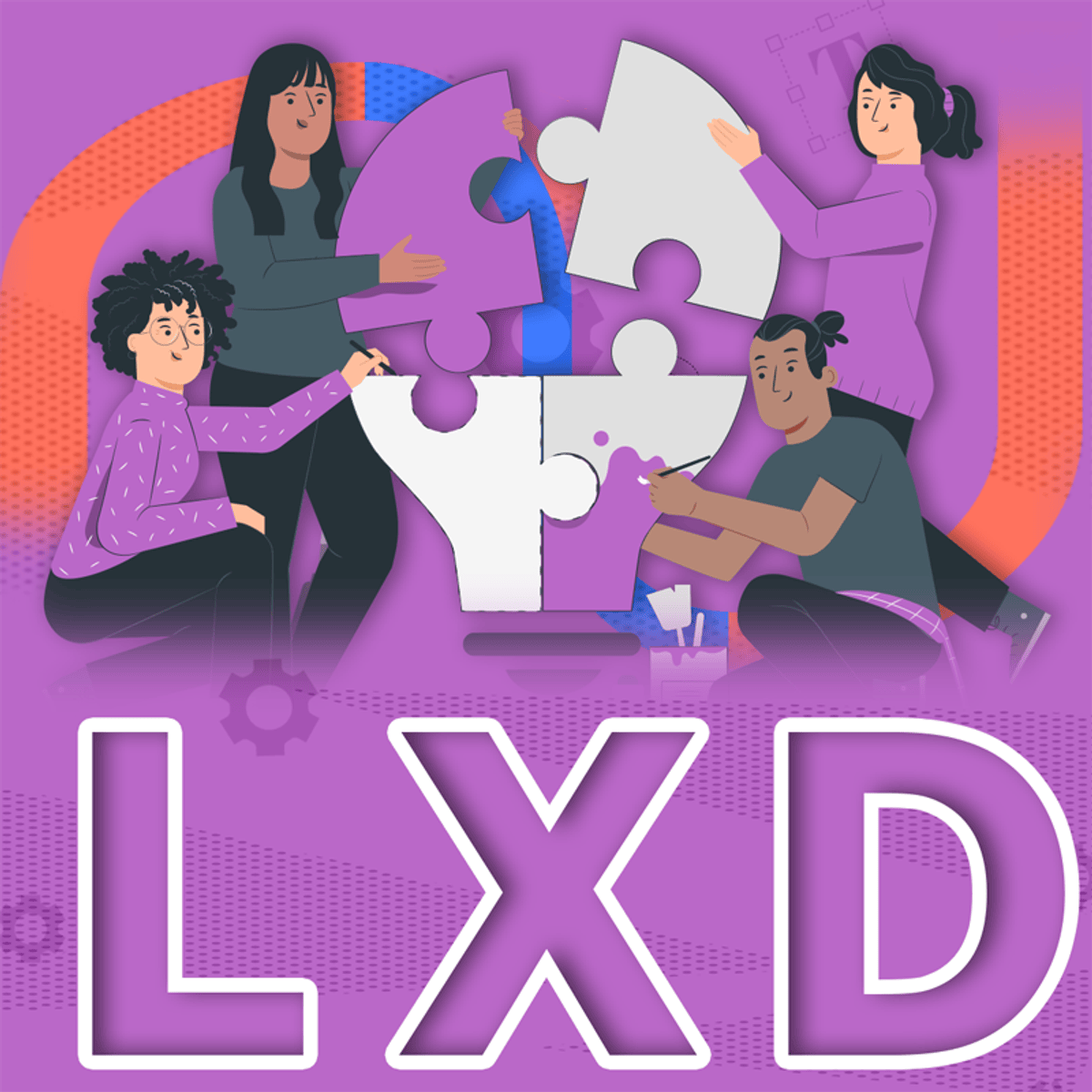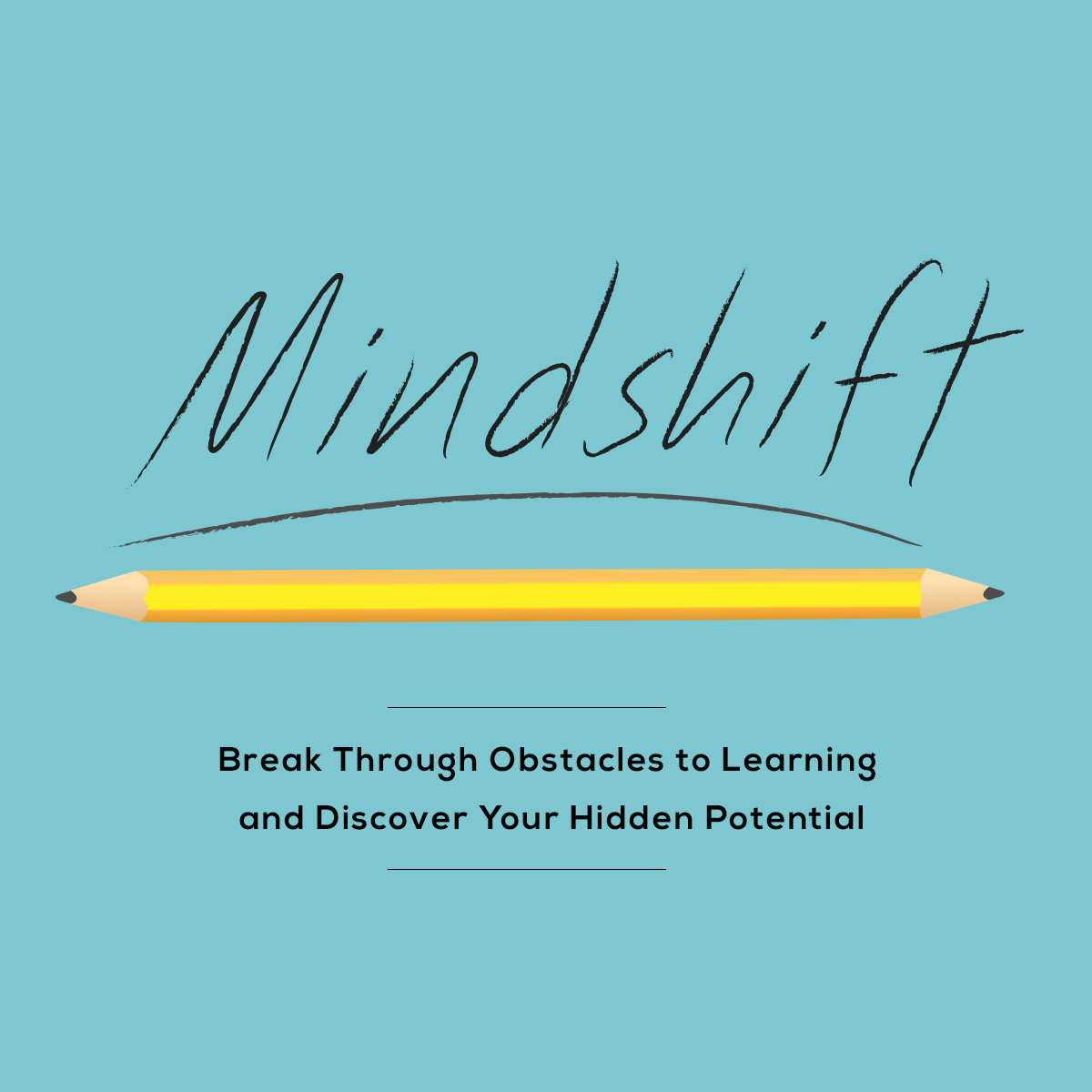Instructional Designer
Instructional Designer: Shaping the Future of Learning
Instructional Design (ID) is the systematic process of designing, developing, and delivering learning experiences. Professionals in this field architect educational content, ensuring it is effective, engaging, and achieves specific learning objectives. They work across various sectors, from corporate training departments and educational institutions to government agencies and non-profits, creating everything from online courses and training modules to educational games and simulations.
The work involves blending creativity with analytical rigor. Instructional Designers often combine principles from education, psychology, and communication to craft learning solutions. They might use storytelling to make technical training more relatable or design interactive simulations to help learners practice complex skills in a safe environment. This career offers the chance to directly impact how people learn and develop new competencies, making it a rewarding path for those passionate about education and technology.
Introduction to Instructional Design
Defining the Role
At its core, instructional design focuses on creating effective learning materials and experiences. An Instructional Designer (ID) analyzes learning needs, defines end goals for instruction, and creates the "intervention" to assist in the transition. This involves understanding how people learn best and applying that knowledge to the design and development of courses, workshops, tutorials, and other learning resources.
IDs act as architects of learning. They determine the most appropriate strategies, technologies, and structures to present information and facilitate skill acquisition. Their work ensures that learners not only receive information but can also apply it effectively in relevant contexts. This requires a blend of analytical skills to assess needs and creative thinking to devise engaging solutions.
The field draws heavily from cognitive psychology, educational theory, and systems analysis. IDs consider factors like learner motivation, prior knowledge, and the desired performance outcomes when creating materials. The ultimate goal is to make learning efficient, effective, and appealing.
These courses provide foundational knowledge about the principles and theories underpinning instructional design.
A Brief History
Instructional design as a formal discipline has roots in World War II. The military needed to rapidly train large numbers of personnel for complex technical tasks. Psychologists like B.F. Skinner applied principles of behaviorism to develop systematic training programs, breaking down skills into small steps with immediate feedback, which proved highly effective.
In the mid-20th century, the field evolved further with the rise of cognitive psychology. Researchers like Robert Gagné developed models emphasizing the internal mental processes involved in learning. Gagné's "Nine Events of Instruction" provided a framework for designing instruction that supports cognitive processing, moving beyond simple behavioral reinforcement.
The advent of computers and later the internet revolutionized instructional design. Technology allowed for more interactive, personalized, and widely distributed learning experiences. The development of authoring tools and Learning Management Systems (LMS) enabled IDs to create sophisticated digital learning content, leading to the growth of e-learning and online education.
Where Do Instructional Designers Work?
Instructional designers are employed across a surprisingly diverse range of industries. Corporations hire IDs to develop employee training programs, covering areas like compliance, software skills, leadership development, and sales techniques. Effective training enhances productivity and ensures employees have the necessary skills to perform their jobs well.
Higher education institutions rely heavily on instructional designers. They assist faculty in developing online courses, integrating technology into the classroom, and improving teaching practices. IDs help universities adapt to changing student needs and leverage digital tools for better learning outcomes. K-12 school districts also employ IDs, particularly for curriculum development and teacher professional development.
Government agencies, healthcare organizations, non-profits, and even the military utilize instructional design expertise. Whether it's training public servants, educating patients, developing volunteer programs, or preparing soldiers, the principles of effective instruction are universally applicable. Any organization focused on learning and development likely needs instructional design skills.
For those interested in the intersection of technology and education, exploring resources on Education can provide further insight into roles within this sector.
Connections to Education and Training
Instructional design is deeply intertwined with the broader fields of education and corporate training. While traditional teaching often focuses on classroom delivery, instructional design emphasizes the systematic planning and development process that occurs beforehand. IDs work behind the scenes to create the structure, content, and activities that teachers or trainers then facilitate.
In corporate settings, instructional design is a key component of Learning and Development (L&D) departments. IDs collaborate with subject matter experts (SMEs) to translate complex information into accessible learning materials. Their role is crucial for upskilling and reskilling the workforce, supporting organizational goals, and managing talent.
The field bridges pedagogical theory and practical application. IDs must understand educational principles but also be adept at using technology and project management skills to deliver effective learning solutions within specific constraints, such as budget and time. This blend makes it a unique and dynamic profession.
Key Responsibilities and Core Competencies
Developing Learning Curricula
A central task for instructional designers is curriculum development. This involves structuring content logically, sequencing learning activities, and ensuring alignment with overall learning goals. IDs often start by defining clear, measurable learning objectives – what should learners be able to do after completing the experience?
They then map out the learning journey, selecting appropriate instructional strategies for each objective. This might involve choosing between lectures, readings, discussions, hands-on activities, or simulations. The goal is to create a cohesive and effective path that guides learners from their current knowledge state to the desired outcome.
Instructional designers frequently use models like ADDIE (Analysis, Design, Development, Implementation, Evaluation) or SAM (Successive Approximation Model) to guide their curriculum development process. These frameworks provide structure and ensure all necessary steps are considered, from initial analysis to final evaluation.
These courses delve into the specifics of curriculum and lesson planning.
Conducting Needs Analysis
Before designing any learning solution, instructional designers conduct a thorough needs analysis. This crucial step involves identifying the performance gap or learning need that the instruction aims to address. Is there a lack of knowledge, a skill deficiency, or a motivation issue?
Methods for needs analysis can include interviews with stakeholders, surveys of potential learners, observation of work processes, and analysis of performance data. The goal is to gather information about the target audience, the context in which learning will be applied, and the specific objectives the instruction must achieve.
A well-executed needs analysis prevents the creation of unnecessary or ineffective training. It ensures that the final learning product directly addresses a real problem and is tailored to the specific characteristics and requirements of the learners and the organization. It forms the foundation upon which all subsequent design decisions are built.
This course offers practical guidance on performing learning needs analysis.
Creating Multimedia Content
Modern instructional design heavily involves creating multimedia content. This goes beyond simple text and includes graphics, audio, video, animations, and interactive elements. IDs select or create media that best supports the learning objectives and enhances engagement.
Understanding principles of multimedia learning, such as those proposed by Richard Mayer, is vital. These principles guide designers in combining words and visuals effectively, minimizing cognitive load, and maximizing learning retention. For example, presenting related text and graphics close together is generally more effective than separating them.
IDs often use authoring tools like Articulate Storyline or Adobe Captivate to build interactive e-learning modules. They might also work with graphic designers, videographers, or programmers to produce complex multimedia assets. Proficiency with various media creation tools is increasingly valuable.
These courses cover creating engaging digital content, including storytelling and video.
This book provides seminal research on how to effectively use multimedia for learning.
Designing Assessments
Assessment is a critical component of instructional design. IDs develop methods to measure whether learners have achieved the stated learning objectives. Assessments can take many forms, including quizzes, tests, simulations, projects, observations, and performance evaluations.
Effective assessment design ensures validity (measuring what it intends to measure) and reliability (producing consistent results). IDs create assessment items that directly align with the learning objectives and provide meaningful feedback to learners about their progress.
Formative assessment occurs during the learning process to provide feedback and guide instruction, while summative assessment takes place at the end to evaluate overall achievement. Instructional designers determine the appropriate mix of assessment types based on the learning goals and context. They might also leverage technology for automated grading or performance tracking.
These courses explore strategies for evaluating student understanding and performance.
Formal Education Pathways
Relevant Undergraduate Degrees
While there isn't one single required undergraduate degree, several fields provide a strong foundation for instructional design. Degrees in Education are common, offering insights into learning theories, teaching methods, and curriculum development. Understanding the educational landscape is highly beneficial.
Psychology degrees are also relevant, particularly those focusing on cognitive psychology or human learning. This background helps IDs understand how people process information, what motivates them, and how memory works – all crucial for designing effective instruction.
Other related fields include Communications, English, Technical Writing, or even Graphic Design. Strong communication skills, both written and visual, are essential. Ultimately, a bachelor's degree demonstrating analytical thinking, communication ability, and an interest in learning processes can serve as a good starting point.
Specialized Graduate Programs
Many instructional designers pursue graduate studies specifically in instructional design, educational technology, or a related field. Master's degree programs offer specialized coursework in learning theories, design models, technology integration, assessment strategies, and project management.
These programs often include practical components, such as portfolio development or internships, providing hands-on experience. A graduate degree can significantly enhance job prospects, particularly for roles in higher education or leadership positions within corporate training.
Some universities offer graduate certificates focused on instructional design, which can be a good option for those with a bachelor's degree in another field who want to transition into ID without committing to a full master's program. These certificates typically cover core ID principles and tools.
This course provides insights into university-level teaching, relevant for those considering academic ID roles.
Certification Programs
Beyond formal degrees, professional certifications can validate skills and knowledge in instructional design. Organizations like the Association for Talent Development (ATD) offer certifications such as the Certified Professional in Talent Development (CPTD), which covers instructional design among other L&D competencies.
The International Board of Standards for Training, Performance and Instruction (IBSTPI) defines competencies for instructional designers and related roles. While they don't offer a direct certification, their standards influence many academic programs and professional development initiatives.
Other certifications might focus on specific software (like Articulate or Adobe certifications) or specialized areas like e-learning development or learning measurement. Certifications can be valuable for demonstrating expertise, especially for those without a formal degree in the field.
This course helps prepare for a specific Microsoft educator certification, showcasing the type of technology-focused credentials available.
Research Opportunities in Doctoral Programs
For those interested in advancing the field through research or pursuing high-level academic positions, doctoral programs (Ph.D. or Ed.D.) in Instructional Technology, Learning Sciences, or Educational Psychology are available. These programs focus on conducting original research, exploring theoretical frameworks, and contributing new knowledge to the field.
Doctoral students might research topics like the effectiveness of different instructional strategies, the impact of emerging technologies on learning, cognitive processes during multimedia learning, or methods for assessing complex skills. Research in this area informs evidence-based practices in instructional design.
Graduates with doctorates often work as university professors, researchers in think tanks or R&D departments, or hold senior leadership roles overseeing large-scale learning initiatives in major organizations. A doctorate signifies deep expertise and the ability to lead innovation in the field.
Career Progression in Instructional Design
Entry-Level vs. Senior Roles
Entry-level instructional design roles often focus on specific tasks within the design process, such as developing course materials based on existing templates, creating multimedia elements, or supporting senior designers. Titles might include Instructional Design Assistant, E-Learning Developer, or Training Coordinator.
As designers gain experience, they take on more responsibility, leading projects, conducting needs analyses, designing entire curricula, and evaluating learning effectiveness. Senior IDs often mentor junior staff, manage client relationships, and contribute to strategic planning for learning initiatives.
Progression typically involves demonstrating a strong portfolio of work, mastering various design models and technologies, and developing project management and leadership skills. Specializing in a particular industry (like healthcare or finance) or technology (like simulations or mobile learning) can also lead to advancement.
Transitioning from Teaching or Training
Many individuals transition into instructional design from careers in K-12 or higher education teaching, or from corporate training roles. These backgrounds provide valuable foundational knowledge of pedagogy, classroom management (or group facilitation), and understanding learner needs.
Making the pivot often involves acquiring specific ID skills, such as mastering authoring tools, learning instructional design models like ADDIE, and understanding principles of adult learning (andragogy) or multimedia design. Building a portfolio showcasing these new skills is crucial for demonstrating capability to potential employers.
The transition can be challenging but rewarding. It requires embracing new technologies and shifting focus from direct delivery to the design and development process. Highlighting transferable skills like communication, curriculum planning, and assessment design on resumes and during interviews is key. Don't underestimate the value of your prior experience!
These courses can help bridge the gap between teaching and virtual or structured instructional design.
For those considering this path, resources like the OpenCourser Learner's Guide offer tips on structuring self-learning and showcasing skills.
Leadership Opportunities
Experienced instructional designers can move into leadership roles. Positions like Lead Instructional Designer, Instructional Design Manager, or Director of Learning and Development involve overseeing teams of designers, managing budgets, setting strategic direction for training initiatives, and aligning learning programs with organizational goals.
Leadership in ID requires strong project management skills, the ability to mentor and develop talent, proficiency in evaluating the impact of learning programs (often involving data analysis), and excellent communication skills to work with senior executives and stakeholders.
Some IDs may also move into consulting roles, either independently or with consulting firms, advising organizations on learning strategies and designing custom solutions. Others might specialize in areas like learning technology management or performance consulting, which focuses on improving workplace performance through various interventions, not just training.
Specialization Options
Instructional designers can choose to specialize in various ways. One common distinction is between corporate and academic settings. Corporate ID often focuses on job-specific skills, compliance training, and measurable performance improvement, frequently operating under tight deadlines and budgets.
Academic instructional design, typically within universities or colleges, focuses on supporting faculty, designing degree programs or courses, and integrating technology into traditional educational structures. This often involves a deeper engagement with pedagogical theories and research.
Further specializations exist within these broad categories. Some IDs focus on specific technologies like virtual reality (VR) or gamification. Others might specialize in particular subject areas (e.g., medical education, technical training) or specific audiences (e.g., K-12, adult learners). Specialization can lead to deeper expertise and potentially higher demand.
Tools and Technologies
Authoring Tools Ecosystem
Authoring tools are specialized software applications that instructional designers use to create interactive e-learning content, often without needing deep programming knowledge. These tools allow designers to combine text, graphics, audio, video, and interactive elements into cohesive learning modules.
Popular examples include Articulate Storyline, Adobe Captivate, iSpring Suite, and Lectora. Each tool has its strengths and weaknesses regarding features, ease of use, output formats (like SCORM or xAPI for tracking), and pricing. Proficiency in one or more major authoring tools is a core competency for many ID roles.
Choosing the right authoring tool depends on the project requirements, the designer's technical skills, budget, and the desired level of interactivity and customization. The ecosystem is constantly evolving, with new features and cloud-based options emerging regularly.
These courses introduce tools often used in content creation and presentation, which are related skills.
Learning Management Systems (LMS)
A Learning Management System (LMS) is a software platform used to deliver, manage, track, and report on online courses and training programs. Instructional designers often develop content specifically for deployment within an LMS.
Common LMS platforms include Moodle, Blackboard, Canvas (often used in education), and various corporate LMS solutions like Cornerstone OnDemand or Docebo. IDs need to understand how LMS platforms function, including how to upload courses, set up user enrollment, configure assessments, and utilize reporting features.
Familiarity with LMS standards like SCORM (Sharable Content Object Reference Model) and xAPI (Experience API) is important. These standards ensure that e-learning content created in authoring tools can communicate with the LMS to track learner progress and completion data.
These courses provide hands-on experience with Canvas, a popular LMS.
AI Applications in Content Creation
Artificial Intelligence (AI), particularly generative AI tools like ChatGPT, is increasingly impacting instructional design. AI can assist IDs in various stages of the design process, from brainstorming ideas and drafting content outlines to generating quiz questions or creating initial drafts of scripts.
AI tools can also help create synthetic voiceovers, generate images or illustrations, and even assist with coding simple interactions. This can potentially speed up the development process and allow designers to focus more on higher-level design decisions and learner experience.
However, using AI effectively requires careful prompt engineering, critical evaluation of AI-generated content for accuracy and bias, and adherence to ethical guidelines. IDs need to develop skills in leveraging AI as a partner while maintaining quality control and pedagogical soundness.
These courses specifically explore the intersection of AI and learning design.
Accessibility Compliance Tools
Ensuring that learning materials are accessible to individuals with disabilities is a critical ethical and often legal requirement. Instructional designers must be familiar with accessibility standards, such as the Web Content Accessibility Guidelines (WCAG).
Tools exist to help designers check and improve the accessibility of their content. Authoring tools often have built-in accessibility checkers. Screen readers (like JAWS or NVDA) can be used to test how content is perceived by visually impaired users. Color contrast checkers help ensure readability for users with visual impairments.
Designing for accessibility involves practices like providing alternative text for images, ensuring keyboard navigability, using clear and simple language, providing captions and transcripts for videos, and avoiding content that could trigger seizures. IDs play a key role in promoting inclusive design practices.
These courses cover accessibility principles and related design considerations.
Online Learning and Professional Development
Micro-credentialing Trends
The landscape of professional development is shifting, with micro-credentials like digital badges and specialized certificates gaining prominence. These offer focused validation of specific skills or competencies, often acquired through shorter online courses or training modules.
For instructional designers, micro-credentials can be a way to demonstrate expertise in specific tools (e.g., Articulate Storyline certification) or methodologies (e.g., agile instructional design badge). They offer flexibility and allow professionals to continuously update their skills in a rapidly evolving field.
Organizations are also increasingly using micro-credentials for internal training, allowing employees to showcase acquired skills. Instructional designers may be involved in designing the learning experiences that lead to these credentials and establishing the criteria for earning them.
Portfolio Development Strategies
A strong portfolio is arguably the most important asset for an instructional designer seeking employment or freelance work. It provides concrete evidence of skills, design thinking, and ability to create effective learning experiences. Portfolios typically showcase a variety of projects, demonstrating proficiency in different design approaches and tools.
Effective portfolios often include project descriptions detailing the learning problem, the target audience, the design process followed, and the results achieved (if available). Including diverse examples—like an e-learning module, a job aid, an instructor-led training guide, or a video tutorial—demonstrates versatility.
Building a portfolio can seem daunting, especially for those new to the field. Consider creating projects based on hypothetical scenarios, redesigning existing poor training materials, or undertaking volunteer work for non-profits to build initial pieces. Clearly articulating the rationale behind design choices is as important as the final product itself.
This course is specifically designed to help build an effective ID portfolio.
Hybrid Learning Approaches
Hybrid or blended learning, which combines online and face-to-face instruction, has become increasingly common. Instructional designers play a key role in designing effective hybrid models that leverage the strengths of both modalities.
This involves carefully considering which learning activities are best suited for online delivery (e.g., content consumption, individual practice) and which benefit most from in-person interaction (e.g., collaborative problem-solving, hands-on skills practice). The goal is to create a seamless and integrated learning experience.
Designing for hybrid learning requires IDs to think strategically about how online and offline components connect and reinforce each other. They need to ensure consistency in communication, clear instructions for both environments, and appropriate use of technology to bridge the two.
These resources explore blended learning strategies and toolkits.
Professional Community Engagement
Engaging with the broader instructional design community is vital for professional growth. Joining professional organizations like ATD or the Learning Guild provides access to resources, webinars, conferences, and networking opportunities.
Online communities, forums, LinkedIn groups, and social media platforms also offer spaces to connect with peers, ask questions, share insights, and stay updated on trends and job openings. Participating in discussions and contributing to the community can enhance visibility and learning.
Attending conferences, whether virtual or in-person, allows IDs to learn from experts, discover new tools and techniques, and build professional connections. Continuous learning and engagement are essential in a field that is constantly evolving with technology and research.
Finding relevant courses and resources is easier with tools like OpenCourser's browse feature, which organizes learning materials by topic.
Challenges in Instructional Design
Balancing Budget and Pedagogy
Instructional designers often face the challenge of balancing pedagogical best practices with practical constraints, primarily budget and time. Creating highly interactive, customized learning experiences can be expensive and time-consuming.
Stakeholders may push for faster development or lower costs, which can sometimes conflict with creating the most effective learning solution. IDs must be adept at advocating for sound pedagogical approaches while also finding creative ways to work within limitations.
This involves making informed trade-offs, prioritizing essential elements, leveraging existing resources efficiently, and clearly communicating the potential impact of design choices on learning outcomes and return on investment (ROI). Strong negotiation and communication skills are valuable here.
Adapting to Technological Changes
The field of instructional design is heavily influenced by technology, which evolves at a rapid pace. IDs must continuously learn new tools, platforms, and methodologies to stay current. What was cutting-edge a few years ago might be standard or even outdated today.
Keeping up requires a commitment to lifelong learning, regularly exploring new software, attending training sessions, and reading industry publications. The emergence of AI, VR/AR, and new data analytics capabilities presents both opportunities and challenges for designers to integrate these technologies effectively.
Failure to adapt can lead to outdated skills and less effective learning solutions. Embracing change and maintaining technological fluency are essential for long-term success in the field.
Measuring Learning Outcomes
Demonstrating the effectiveness and impact of learning interventions is a persistent challenge. While it's easy to track completion rates or learner satisfaction (Level 1 of Kirkpatrick's model), measuring actual learning (Level 2), behavior change (Level 3), and business results (Level 4) is more complex.
Instructional designers need skills in evaluation methodologies and data analysis to assess whether learning objectives were met and if the training led to tangible improvements in performance or organizational outcomes. This often involves designing pre- and post-assessments, performance observations, or analyzing business metrics.
Communicating the value of training programs to stakeholders often requires presenting clear evidence of impact. IDs who can effectively measure and report on learning outcomes are highly valued.
This book delves into performance improvement, closely related to measuring outcomes.
Ethical Considerations
Instructional designers face various ethical considerations in their work. Ensuring accessibility for all learners, regardless of disability, is a primary ethical responsibility. This involves adhering to accessibility standards and using universal design principles.
Issues of data privacy and security arise when using LMS platforms or learning analytics. IDs must be mindful of how learner data is collected, stored, and used, ensuring compliance with regulations and respecting learner privacy.
Content design itself can raise ethical questions. Designers must strive for accuracy, avoid bias in materials, represent diverse perspectives appropriately, and ensure that content does not perpetuate harmful stereotypes. Maintaining integrity and promoting inclusivity are core ethical tenets of the profession.
Future Trends in Instructional Design
Impact of Generative AI
Generative AI is poised to significantly reshape instructional design workflows. AI tools can automate routine tasks like drafting content, creating basic assessments, or generating image assets, potentially freeing up designers to focus on more complex strategic and creative aspects of design.
AI may also enable more sophisticated personalization, adapting content and feedback to individual learner needs in real-time. However, this also raises challenges related to ensuring the quality, accuracy, and ethical use of AI-generated content, as well as the need for IDs to develop new skills in AI literacy and prompt engineering.
The long-term impact on job roles is still unfolding, but it's likely that IDs who can effectively collaborate with AI tools will be in higher demand. Understanding both the potential and limitations of AI will be crucial.
These courses focus on the growing role of AI in education and L&D.
Personalized Learning Systems
The demand for personalized learning experiences continues to grow. Learners expect content that is relevant to their specific needs, goals, and prior knowledge. Technology, including AI and adaptive learning platforms, is enabling more sophisticated approaches to personalization.
Instructional designers are increasingly tasked with creating flexible learning pathways, modular content, and systems that can adapt based on learner performance or preferences. This requires a shift from designing one-size-fits-all courses to creating adaptable learning ecosystems.
Data analytics plays a key role in understanding learner behavior and tailoring experiences accordingly. IDs will need skills in interpreting learning data and using it to inform design decisions that enhance personalization and effectiveness.
Global Remote Workforce Training
The rise of remote work has amplified the need for effective online training solutions that can reach a geographically dispersed workforce. Instructional designers are essential in creating engaging and accessible virtual training programs.
This trend requires expertise in designing for virtual collaboration, selecting appropriate technologies for remote delivery, and ensuring that learning experiences are effective regardless of the learner's location. Considerations include accommodating different time zones, cultural backgrounds, and varying levels of access to technology.
Designing instruction for a global audience also requires attention to cultural nuances, translation and localization needs, and ensuring content is relevant and respectful across diverse contexts. Communication strategies for virtual environments are also key.
Sustainability in Educational Content
There is a growing awareness of sustainability issues within the field of education and training. This includes considering the environmental impact of learning technologies and practices, as well as integrating sustainability themes into educational content itself.
Instructional designers may be involved in creating learning materials that promote environmental literacy or sustainable practices within organizations. They might also consider the "shelf life" of learning materials, designing content that is easily updatable and reusable to reduce waste and duplicated effort.
The concept of "sustainable instruction" emphasizes creating learning solutions that are durable, adaptable, and have a lasting positive impact. This involves thoughtful design choices that consider long-term maintenance and relevance.
Frequently Asked Questions
What are the essential skills for an entry-level position?
Entry-level IDs typically need a foundational understanding of learning theories and instructional design models (like ADDIE). Proficiency with common authoring tools (e.g., Storyline, Captivate) and basic multimedia creation skills (graphics, video editing) are often required.
Strong written and verbal communication skills are crucial for collaborating with subject matter experts and writing clear instructional content. Attention to detail, organizational skills, and the ability to manage time effectively are also important.
A portfolio showcasing sample projects, even if based on academic work or personal initiatives, is usually necessary to demonstrate practical skills. Familiarity with Learning Management Systems (LMS) is also a plus.
This book provides a look at disrupting traditional education, relevant for understanding modern learning needs.
What is the demand outlook across industries?
The demand for instructional designers remains strong across various sectors. The growth of online learning in both education and corporate training continues to drive the need for professionals who can create effective digital learning experiences. According to the U.S. Bureau of Labor Statistics, employment of training and development specialists (a category often encompassing instructional designers) is projected to grow 6 percent from 2022 to 2032, about as fast as the average for all occupations.
Industries like healthcare, technology, finance, and higher education consistently seek instructional design talent. The increasing focus on employee upskilling and reskilling, regulatory compliance training, and the shift towards remote work further bolster demand.
While the field is competitive, individuals with strong portfolios, relevant education or certifications, and proficiency in current technologies generally find good opportunities. Specialization in high-demand areas like data science training or AI integration can further enhance prospects.
How do I transition from teaching to Instructional Design?
Transitioning from teaching involves leveraging your existing pedagogical knowledge while acquiring specific ID skills and tools. Start by learning core ID models (ADDIE, SAM) and principles of adult learning or multimedia design. Familiarize yourself with popular authoring tools (Storyline, Captivate) through online courses or tutorials.
Build a portfolio. Rework old lesson plans into e-learning modules, create job aids, or design a short course on a topic you know well. Focus on showcasing your ability to analyze needs, design solutions, develop materials using relevant tools, and potentially evaluate outcomes.
Network with instructional designers online (e.g., LinkedIn groups) or through professional organizations (like ATD). Tailor your resume to highlight transferable skills: curriculum development, assessment design, communication, understanding learner needs, and project management (even if informal). Be prepared to explain how your teaching experience translates to the ID context during interviews. Patience and persistence are key.
These resources can aid in skill development and understanding the shift.
What are typical salary expectations?
Salary expectations for instructional designers vary significantly based on experience, education level, industry, geographic location, and specific responsibilities. Entry-level positions might start in the range of $50,000 to $65,000 annually in the US, according to various salary survey sites like Glassdoor or Salary.com (as of early 2025, though these figures fluctuate).
Mid-career instructional designers with several years of experience and a strong portfolio can often command salaries from $70,000 to $90,000 or higher. Senior designers, managers, or those with specialized expertise (e.g., in high-demand tech sectors or complex simulations) can earn well over $100,000.
Factors like holding a Master's degree or relevant certifications can positively influence salary potential. Corporate roles, particularly in industries like technology or finance, tend to offer higher compensation compared to non-profit or some academic positions. Geographic location also plays a significant role, with higher salaries generally found in major metropolitan areas with a higher cost of living.
How will AI impact job prospects?
AI is likely to change the nature of instructional design work rather than eliminate jobs entirely, at least in the near term. AI tools can automate some tasks, potentially increasing efficiency and allowing designers to handle more projects or focus on higher-level strategic thinking, creativity, and complex problem-solving.
Job prospects may become stronger for IDs who learn to leverage AI effectively as a productivity tool and design partner. Skills in prompt engineering, critically evaluating AI output, and understanding how to integrate AI ethically into learning experiences will become increasingly valuable.
However, roles focused solely on basic content development or repetitive tasks might face more pressure from automation. The key will be adapting skills to work alongside AI, emphasizing human strengths like empathy, creativity, complex instructional strategy, and understanding nuanced learner needs – areas where AI currently falls short.
This book discusses learning in an era of change, relevant to adapting to AI's impact.
What do employers look for in a portfolio?
Employers look for portfolios that demonstrate a range of skills and a clear understanding of the instructional design process. They want to see evidence that you can analyze a learning need, design an effective solution, develop professional-quality materials using relevant tools, and ideally, evaluate the impact.
Include diverse project types: perhaps an interactive e-learning module built in Storyline or Captivate, an instructor-led training guide, a job aid, a video tutorial, or a storyboard/design document. Quality over quantity is important – showcase your best work.
For each project, provide context: What was the problem or learning need? Who was the audience? What were the objectives? What design process did you follow? What tools did you use? What were the results or outcomes (if known)? Clearly articulating your design rationale is crucial. Ensure the portfolio itself is well-organized, easy to navigate, and professionally presented (often via a personal website).
This course focuses specifically on creating a standout portfolio.
Concluding Thoughts
Embarking on a career as an Instructional Designer offers a unique opportunity to blend creativity, technology, and an understanding of human learning to make a tangible impact. It's a dynamic field that demands continuous learning and adaptation, especially as technologies like AI evolve. While the path requires dedication to mastering specific skills and tools, the ability to shape how individuals acquire knowledge and skills can be deeply fulfilling.
Whether you are transitioning from another field like teaching, just starting your career exploration, or looking to advance within Learning and Development, instructional design presents diverse pathways. Building a strong foundation in learning principles, developing technical proficiencies, and creating a compelling portfolio are key steps. Remember that resources like OpenCourser provide access to thousands of courses to help you acquire the necessary knowledge and skills for this rewarding career journey.








